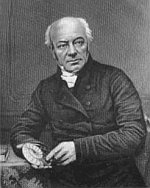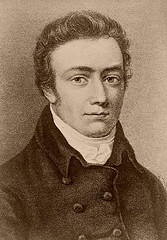Now, that is a word that may often be joined,
For that that may be doubled is clear to the mind;
And that that that is right, is as plain to the view,
As that that that that we use, is rightly used, too,
And that that that that that line has in it, is right–
In accordance with grammar — is plain in our sight.
— Charles Carroll Bombaugh, Gleanings for the Curious from the Harvest-Fields of Literature, 1890



